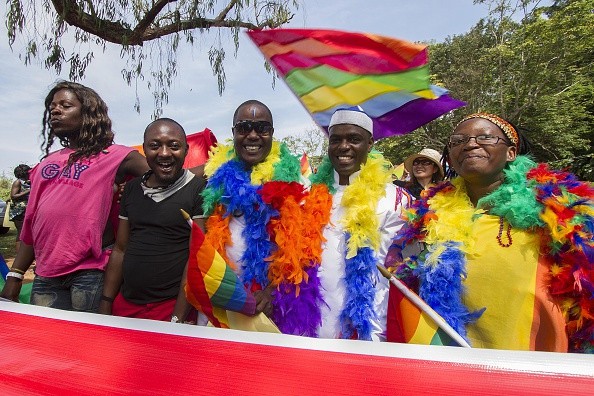
In Marrakech, Morocco, the World Bank aims to safeguard gay and transgender Ugandans before resuming new funding.
The LGBTQ programs under the World Bank were put to cease in August due to anti-LGBTQ law.
World Bank Guarantees Discrimination-Free Environment for LGBTQ Ugandans
Victoria Kwakwa, the bank's head for Eastern and Southern Africa, ensures LGBTQ Ugandans do not face any discrimination. As reported by Reuters, Kwakwa reassures that the bank's staff will not be arrested for being a part of the community.
"We're doing all this to clarify this is not what you should be doing in World Bank-financed projects and to say you are allowed to do it the right way, and you will be not be arrested," Kwakwa said in the annual meeting of World Bank and International Monetary Fund.
Kwakwa did not confirm a timeline for assessing the measures' efficacy and deciding whether to resume new funding for Uganda. However, she revealed that the World Bank has already discussed the LGBTQ programs with the government and said, "Government is comfortable with that."
According to The Straits Times, Ugandan officials accused the World Bank of being an imposter when they suspended the new funding against the same harsh anti-LGBTQ laws around the Middle East and Asia.
A junior finance minister claimed that with the new funding, the government would need to reassess its budget to reflect the suspension's potential financial impact.
Anti-Homosexuality Act
In 2013, the Anti-Homosexuality Act was implemented, authorizing the death penalty for same-sex acts. The Anti-Homosexuality Act made same-sex relations in Uganda illegal.
Furthermore, 30 other African countries are affected, but with a much worse impact from the new anti-LGBTQ law. The new anti-LGBTQ law demands capital punishment for "serial offenders" against the law and transmission of a terminal illness like HIV/AIDS through same-sex discourse.
The new anti-LGBTQ law also mandated that anyone who supports "homosexuality" will suffer a 20-year sentence. Uganda's President Yoweri Museveni attacked the LGBTQ community by signing one of the most cruel anti-LGBTQ laws, according to Reuters on June.
"The signing is finished, nobody will move us," Museveni said said at that time while meeting lawmakers from his National Resistance Movement party.
United States President Joe Biden commented on the legalization of the new anti-LGBTQ law and described the move as "a tragic violation" of human rights. Biden said that Washington would evaluate the implications of the law on all aspects of US engagement with Uganda.
Biden reported that they are considering additional steps, including implementing sanctions and restricting entry into the United States against anyone involved in severe human rights abuses or corruption.
The new anti-LGBTQ law received many petitions, such as the local organization, Human Rights Awareness and Promotion Forum.
In addition to the organization, ten other individuals later filed a complaint against the law at the constitutional court, as reported by Busingye Kabumb in Reuters.
© 2026 HNGN, All rights reserved. Do not reproduce without permission.








